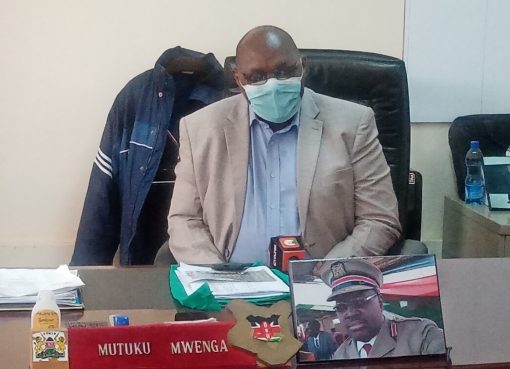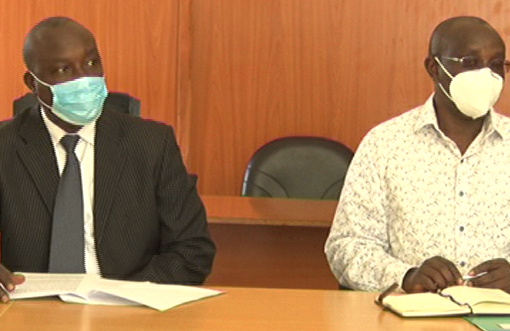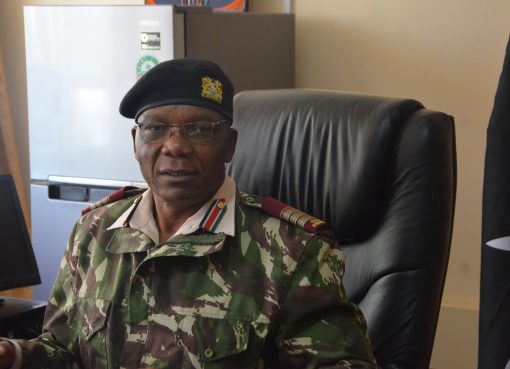A religious leader has called for thorough investigations into corruption allegations in the country that are derailing projects.
Ngong’ Diocese Catholic Bishop John Obala regretted that many Kenyans were living in abject poverty yet a few individuals pocket billions of shillings and go unnoticed.
“It perturbs to see Kenyans struggling to place a single decent meal on the table, pay their bills and take their children to school yet we hear of Sh21 billions not being properly accounted for,” decried the Bishop.
Obala who was speaking during an academic day at Sister Mary Nkoitoi Secondary school in Narok North Sub County called on the government not only to investigate but also prosecute and convict those found guilty regardless of their position in government.
“If we do not see the culprits of corruption being punished, then we are telling the younger generation that they do not have to work hard to earn a living but only be smart and steal from innocent Kenyans,” reiterated the spiritual leader.
According to the spiritual leader, the culture of corruption in the country was deep rooted and only required good will from all the relevant institutions mandated to investigate, prosecute and punish the criminals without being biased.
Narok Baptist Church Senior Pastor Sammy Moonka asked Christians to lead by example as many government offices were occupied by Christians.
“It is disheartening to see a country like Kenya saturated with over 80 percent of population being Christians yet ranked high in matters of corruption. We should lead with good examples as Christ taught us,” said the Church leader.
Kenya’s estimated current population is 50 million with Christianity being the predominant religion adhered by an estimated 85 per cent of total population. However Kenya was ranked 143 out of 180 in the world corruption index in the year 2016.
In 2018, Ethics and Anti-Corruption Commission (EACC) released 2017 National Ethics and Corruption Survey which showed an increase in public interest in the fight against corruption.
In the report, the Interior and Coordination of National Government Ministry was leading at 64.7 percent, followed by Health at 27.8 while Land, Housing and Urban Development came third at 23.9.
By Ann Salaton




